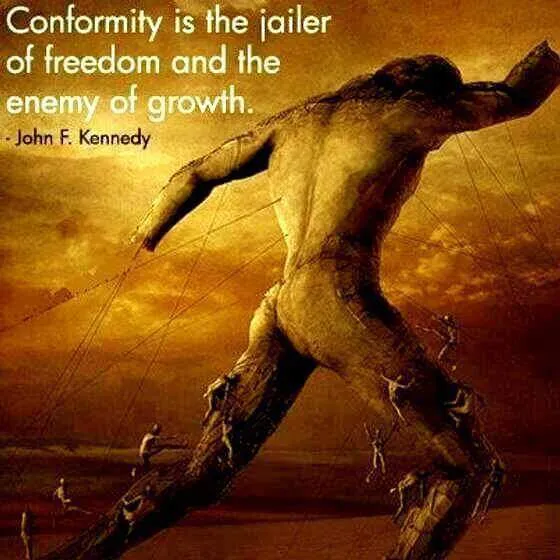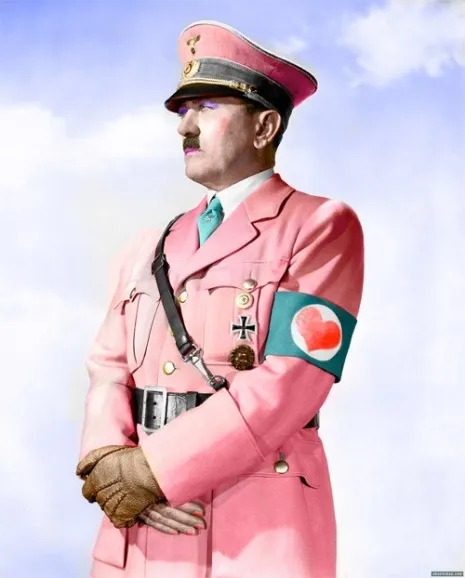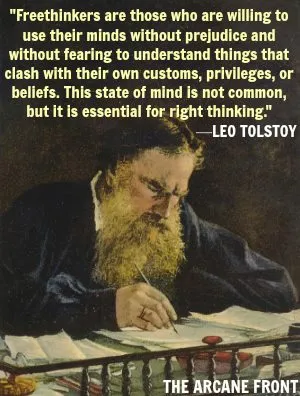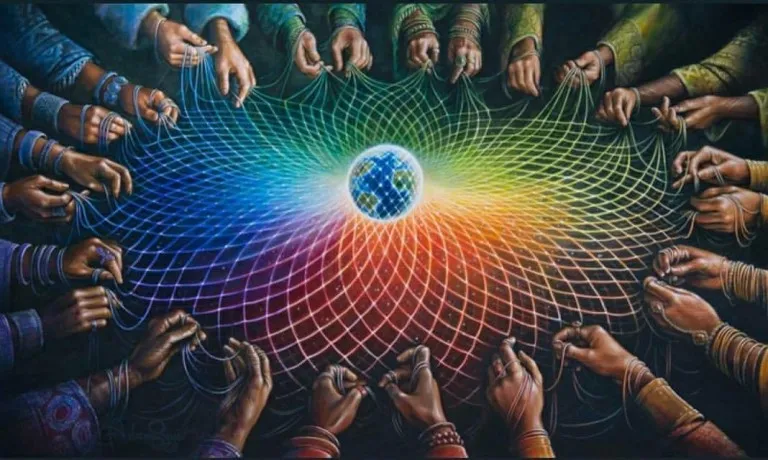In part 1 of this mini series, we looked at the basic claims made by Vladimir Putin in Russia to justify the ongoing invasion of Ukraine. In this post we'll look at some added levels of detail that can help us to make sense of a situation that is highly polarized and which is saturated in propaganda, spin and half truths.

The more we examine the common perspectives of the Ukrainians and Russians, the more we see that they are often mirroring each other. Each group contains many people who are very attached to their national ideology and who are convinced that the other group is the evil enemy who is solely to blame for the violence. Ukrainians understandably blame Russia for the violence due to Russia's invasion and yet many Russians are blaming Ukraine for simply being 'bandits' and effectively having 'stolen' Russian land. In these situations, despite our own viewpoints leading us to think that one side is definitely more right than the other, it can help to try to think again and to ask whether there is a more neutral way to observe things and to reach a peaceful outcome.
There are a few key points that we can easily identify that are relevant:
- Disputes over land and resources.
- National identity and the associated ego attachment to imaginary self image based on flags and shared culture.
- Allegations of 'Nazism'.
- A clash of imagined 'superpowers'.
- 'Collectivist' ideology vs 'individualist' ideology.

Essentially, these are all arguments over which programming will be installed in the people of various parts of the land of the planet and who gets to control them. The rest are arguments and reasoning to try to justify which group has the more 'right' claim to control the land and people in question. Some of the arguments made are supported by some evidence, some have no evidence and some are extremely complicated and require a lot of clarification in order for sense to emerge.
Once a person attaches their own personal identity to a nation, religion or some other such group, it can be very difficult for them to accept evidence that contradicts what the 'leaders' or ideology that they have bought into is holding up as being true or right. To challenge the 'groupthink' and programming of the group that they are part of, is to feel a subtle threat of becoming an outcast and of having to admit mistakes.
Of course, we all make mistakes and this is part of life that is expected, but sometimes the emotional pain that we ourselves have caused through our mistakes is so huge that to admit to them can feel overwhelmingly difficult and we instead choose to live a lie.
It is well established through a variety of scientific studies that people who are born into collectivist societies (where the group is held to be more valuable than individual people) tend to demonstrate brain development that has them totally overlooking the concept of individuality. This allows for the extremely dangerous form of centralization that has so often led to massive death and war in the past since there is often only a single 'leader' calling the shots and entire nations can go to war on their say so. In contrast, more individualized nations, which respect autonomy and free thinking a bit more, are less easily dominated by the thinking of such a small number of people.
Ironically and tragically, every accusation from Russia that Ukraine is run by 'extreme nationalists' (aka 'Nazis' in the mind of Putin) is mirrored by demands being made on Russians to support Russia's invasion and to support Russia as a strong nation. So while Ukrainians are outraged that they are being called 'Nazis' just for valuing their nation, Russians are being led to value Russia in exactly the same way in order to rally support for the invasion. It's simple to see that both groups are being led into a scenario where they are both accusing each other of the same crimes and the same failings of reason and honor.
The fact that both sides accuse each other of using civilians as human shields and of deliberately targeting the same civilians, is not disconnected from this horrific and absurd failure to see the situation from outside of the limited perspective that the groupthink of attachment of self identity to the idea of a nation inevitably results in.
Whether we are religiously minded or have some other perspective on life, most people can agree that we as humans are much more than teams vying for power - we are literally creating reality as we live our lives, which is a sacred gift and responsibility. Managing to crush the huge potential that life offers into a tiny box, stamped with a national flag and then being willing to kill over it, takes some extremely limiting use of logic and deliberate avoidance of important facts.
We aren't really dealing with a 'Ukraine' problem or a 'Russia' problem, or even a 'USA' problem - we are dealing with a 'belief system' problem that has infected people all around the world for a very long time. In general, there are always members of a society who refuse to kill others over flags and boundaries and there have long been people who just can't help themselves from creating conflicts and pointing the fingers at others.
So this brings us back to the core issue that Putin raised in his speeches and the documentary evidence he produced that was examined in Part 1. What exactly is a Nazi?
What is a Nazi?

According to traditional, rigid thinking, a Nazi is a member of the now defunct Nazi party (from the World War 2 era) - plus more modern people who for some reason want to adopt the same kind of beliefs as were common among those German Nazis at the time. Despite the term 'Nazi' referring to a 'National Socialist' party, there were clearly many aspects to the German Nazi system that were fascist. The German Nazi culture was in no way intended to be 'people driven' - it was always a dictatorial and strict hierarchic power pyramid. However, they did everything they could to give the impression that the system was 'for the people' and 'by the people' - just as the Soviet Union and other communist dictatorships do. We should not forget that 'Western Democracies' often operate in a similar way too, just with a different format.
However, if we step away from the rigid thinking that academic minds would try to force us into, we can feel that there is more to this 'Nazi' idea than is often admitted. To those who fought the German Nazis and who observe and feel the nature of what was really so evil about their agenda, it is clear that there is a certain 'type' of personality involved that can be recognized as being 'more Nazi' than some others. In short, 'Nazi' is more a 'type of person' than it is a political party or even an ideology. This is why so many people point at others who have absolutely no affiliation with 'real' Nazi groups and yet call them Nazis anyway.
What seems to most characterize a 'Nazi person' is a willingness to try to enforce authoritarian control over others, often using violence, in order to achieve domination and to try to prove superiority for some reason. The devaluation of others based on racial characteristics or other qualities in order to turn groups against each other is a common trait of these people - in some cases they may actually believe that other groups are 'beneath' them, but in other cases they are deliberately inserting the divisions in order to try to profit from the chaos and destruction they invite.
So perhaps we can simplify a 'Nazi type' into simply being someone who lacks empathy and has a thirst for control and 'power' to the point where they will lie, abuse and torment any amount of others in order to achieve their goals. In many ways this is also a description of a motivated Psychopath or could perhaps be said to be the combination of Psychopathy with the loss of respect for individuality that comes with attaching personal identity to a nation.
With this in mind it is easy to see why the presence of overt 'Neo Nazi' groups in Ukraine would be both highly controversial and also highly likely to trigger violence into the region. Even if Putin's claims were totally legitimate it would still be very difficult for him to take the action that he has without also appearing to be an extremist nationalist who is willing to kill large numbers of people in order to increase personal power and to achieve some kind of growth of an imagined national identity.
The origins of Ukraine
We should not forget that it is said that the foundation of the Russian culture goes back to the Kieven Rus people who preceeded both modern Russia and Ukraine. The modern region of Ukraine was the hub of the Kievan Rus people. With the original land roots of Russia now not even part of Russia, it becomes somewhat clearer as to why someone like Putin, seeking to exploit a large number of people (in Russia) that have mistakenly deleted their individuality and replaced it with nationalistic identity, would believe he needs to control Ukraine.
So when Putin points the finger at Ukrainians as being under a spell of extremist nationalism, while he himself is the one who arrests protesters in large numbers and sends his army to mass murder civilians in large numbers, it is easy to understand that he is very likely not so different to the Neo Nazi groups he points a finger at. Perhaps the global threat of authoritarian control freaks is actually what we should be paying attention to and perhaps Putin has so much in common with Ukrainian neo Nazis that to many outside observers it is hard to pick them apart!
The undeniable truth

While the details of this situation are complicated when viewed from the level of nations, political ideologies and fragmented perspectives, it becomes clearer when we realize that there really are people who will do whatever they can to cause violence and conflict out of nothing. It becomes even more clear when we consider that these groups 'love' to fight each other and will always do so given the opportunity. The psychology of motivated psychopaths is what we are seeing here.
No matter what any individual believes to be true, it is always an absolute truth that all of us share this planet and everything has come from the same ultimate origin point - there can be no other possible explanation for the creation of this universe. This is the message of most world religions, most scientific theories and also of simple logic. Considering that this is the case, it is always true that anyone who is willing to use mass violence as a way to achieve goals is going against the fundamental fabric of life itself, so should be considered extremely dangerous - as if that weren't already obvious enough.
All people, no matter whether they find themselves in the same imaginary nation as the leader of the carnage or whether they are far away, needs to recognize that no good can come from such barbaric violence and needs to get real and to take whatever action is necessary to defuse the situation as quickly as possible.

As long as we believe the lie that we are separate to other humans and that we can somehow justify or even survive an escalation of violence - as if we are free from the inevitable chain of cause and effect, we will continue to invite death and destruction to those we say we love. In truth though, such people are not acting from love at all, but only from the absence of love and this is the real lesson in all of this. While politicians can only speak in terms of money and missiles, it is up to each of us as real humans to go beyond their limited rhetoric and to reach out to each other across border and to unite in ways that mean that this horrific violence ends and cannot start again.
UNSPUN is an independent source of news and revealing information that educates and inspires.
Subscribe, Upvote & Reblog on the Hive blockchain to support this channel.